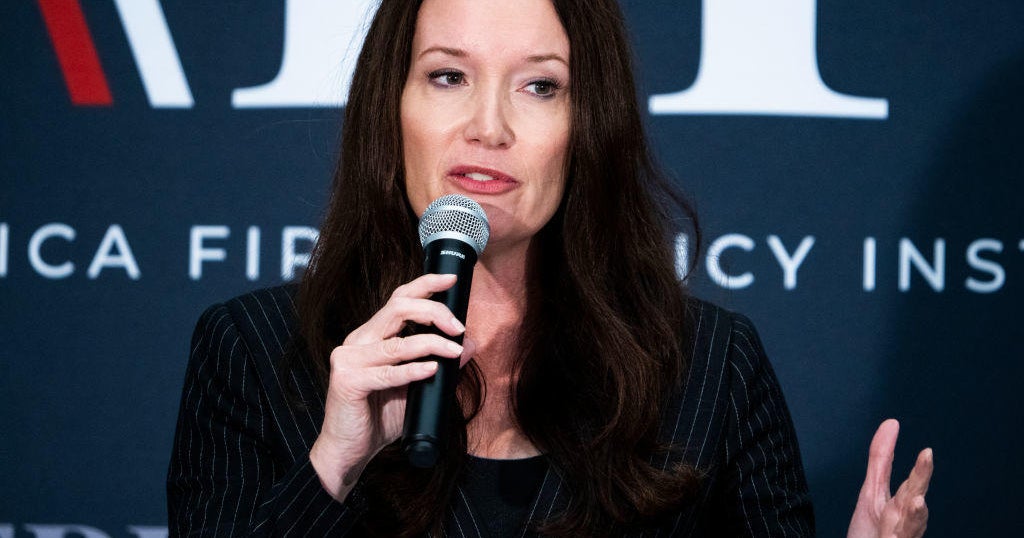U.S. cuts millions in aid to Central America, fulfilling Trump's vow
Washington — Fulfilling President Trump's vow, the U.S. government officially announced on Monday it would cut millions of dollars in foreign aid to Central America, warning governments in the region that assistance will only resume when they do more to prevent their citizens from migrating.
The move, which the president ordered in late March, disrupts a long-standing pillar of American foreign policy supported by most Democrats and Republicans in Congress. Lawmakers had been urging the administration to reverse course, fearing the end of American assistance will only exasperate the rampant poverty, deep-rooted political instability and widespread insecurity in El Salvador, Honduras and Guatemala, collectively known as the "Northern Triangle."
A State Department official said $432 million in aid allocated in fiscal year 2017 will continue, while $185 million would be withheld until the U.S. determines that Central American governments have taken sufficient steps to reduce migration. The approximately $370 million allocated for fiscal year 2018, meanwhile, will be suspended entirely. The official said the administration will work with Congress to reprogram these funds to other "foreign policy priorities."
Future aid under fiscal years 2019 and 2020 will also be conditional, the official added. Funds allocated in fiscal years 2017 and 2018 to help governments in the Northern Triangle bolster security and crack down on transnational gangs will continue.
Aid workers spearheading efforts to remedy these systemic problems in the region have warned the decision will backfire, penalizing poor and working-class Central Americans for the failures of their elected leaders and fueling more migration to the U.S. Most of the aid allocated by the U.S., including by the U.S. Agency for International Development (USAID), is sent directly to non-governmental organizations (NGOs), not governments in the Northern Triangle.
But the president has faulted the governments in these countries — as well as Mexico — for failing to curb a months-long unprecedented surge of Central American migrant families and unaccompanied children heading towards the U.S.-Mexico border.
The State Department said some of the aid — as well as future assistance — could be distributed if these countries take "concrete actions" to help reduce the number of apprehensions at the southern border, which reached a 13-year high last month.
The announcement drew quick condemnation from congressional Democrats.
"Cutting off desperately-needed aid to Central America is not the answer to fixing our immigration system," Democratic Sen. Catherine Cortez Masto of Nevada wrote on Twitter. "In fact, it would exacerbate the crisis, driving children and families to our southern border."
Earlier this month, through a threat to impose tariffs on Mexican goods, Mr. Trump pressured the Mexican government to hammer out a bilateral agreement to stem the flow of migration from Central America. Mexico vowed to deploy of thousands of National Guard units to the Mexico-Guatemala border, while the U.S. pledged to immediately expand the "Remain in Mexico" policy, officially called the Migrant Protection Protocols (MPP), along the entire southern border.
Christina Ruffini contributed reporting.





